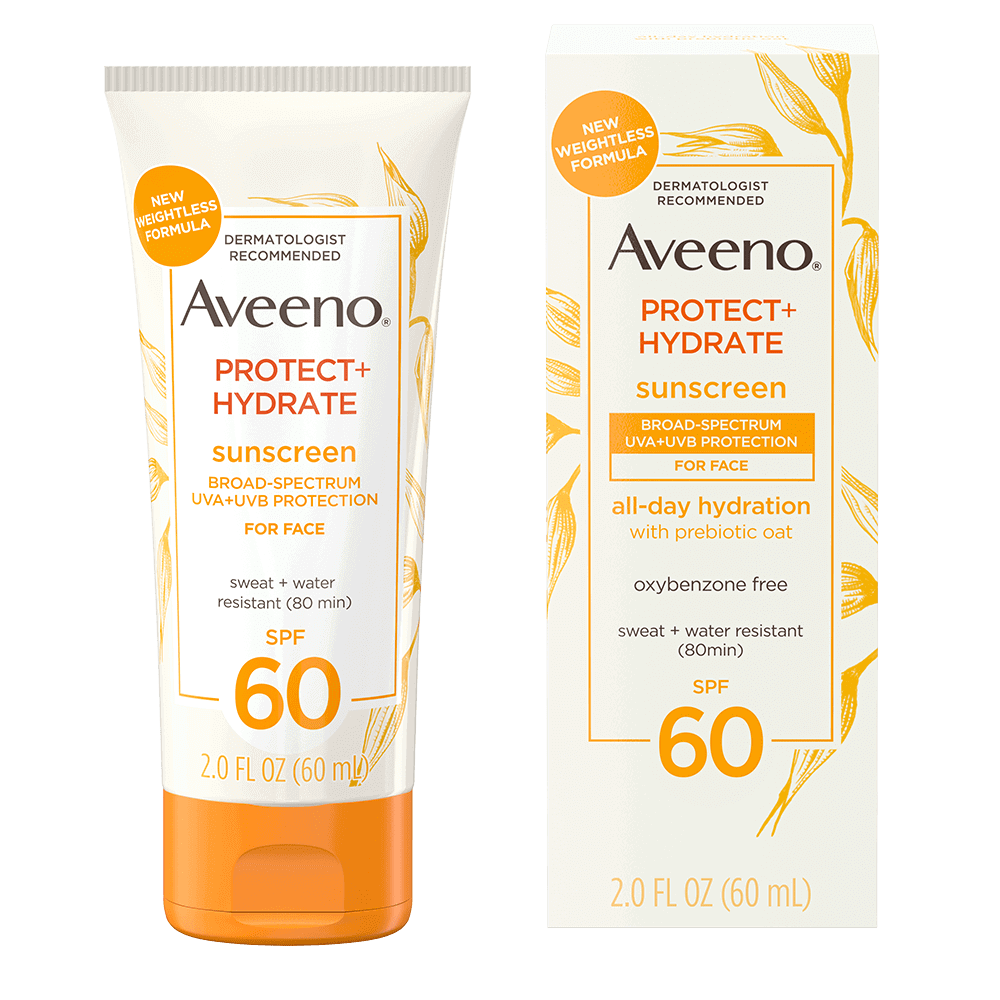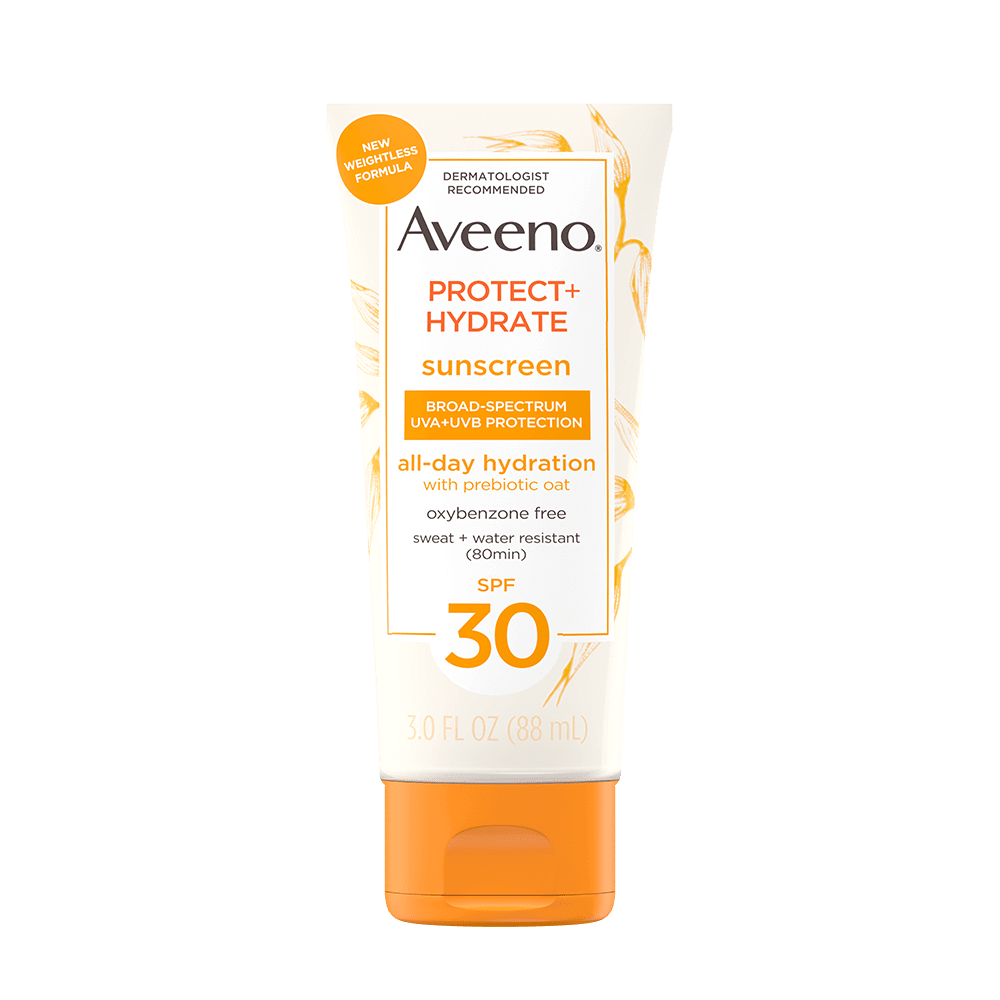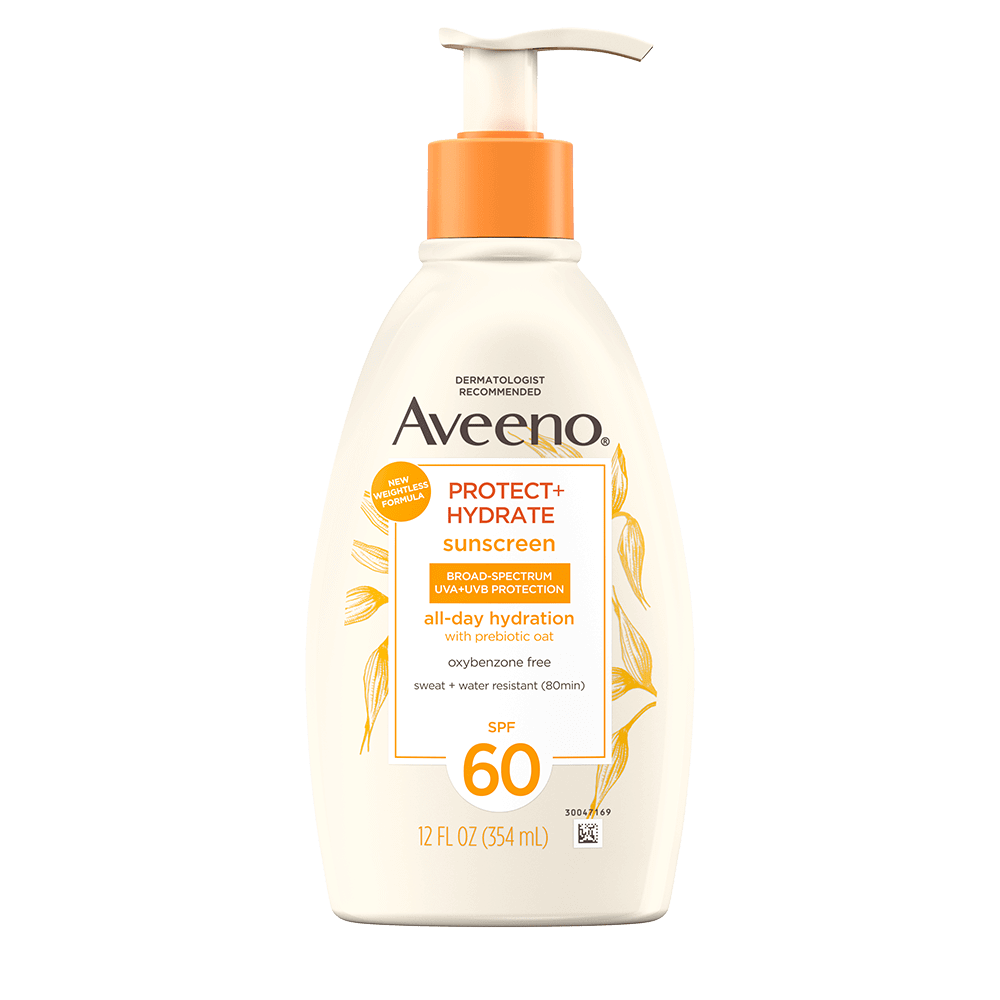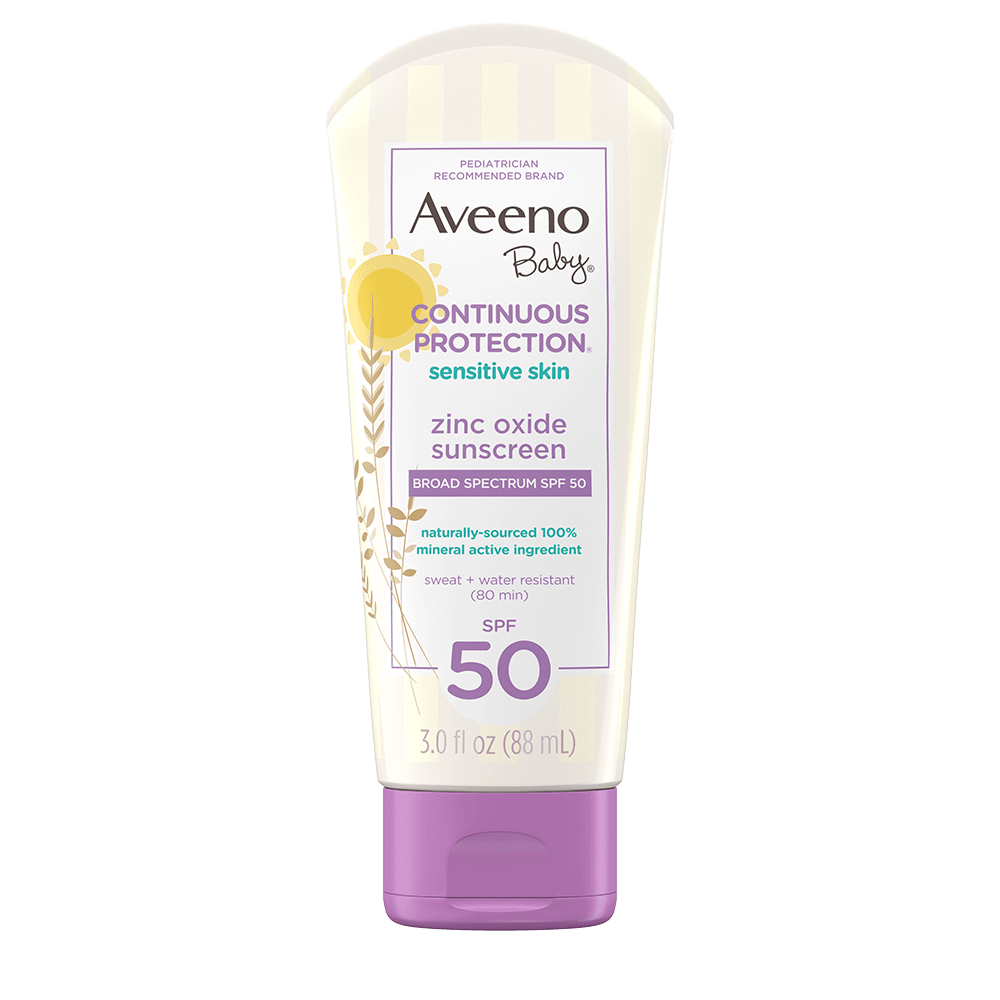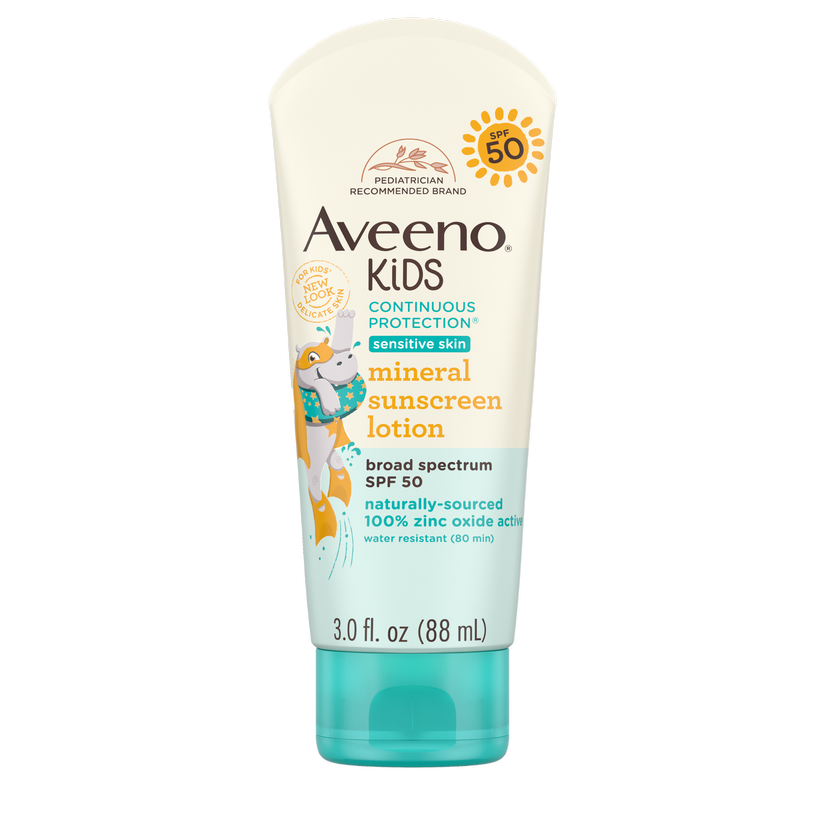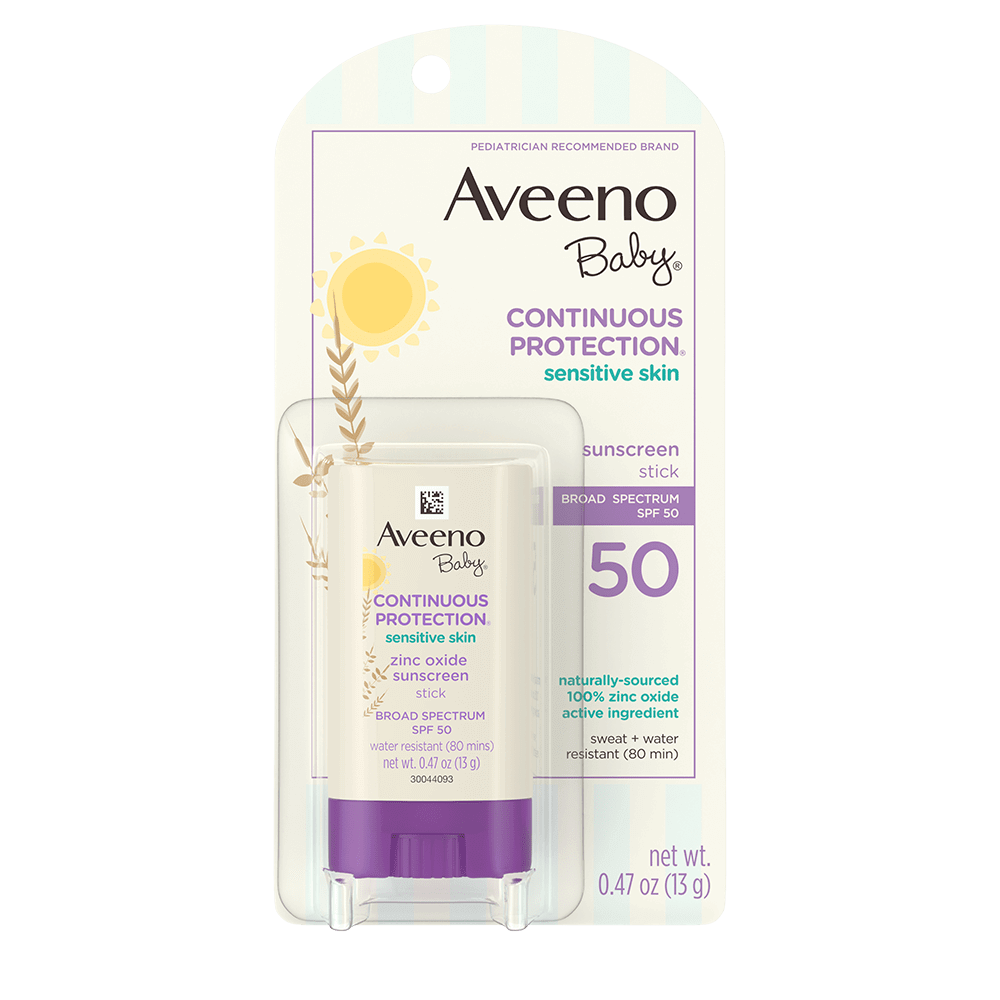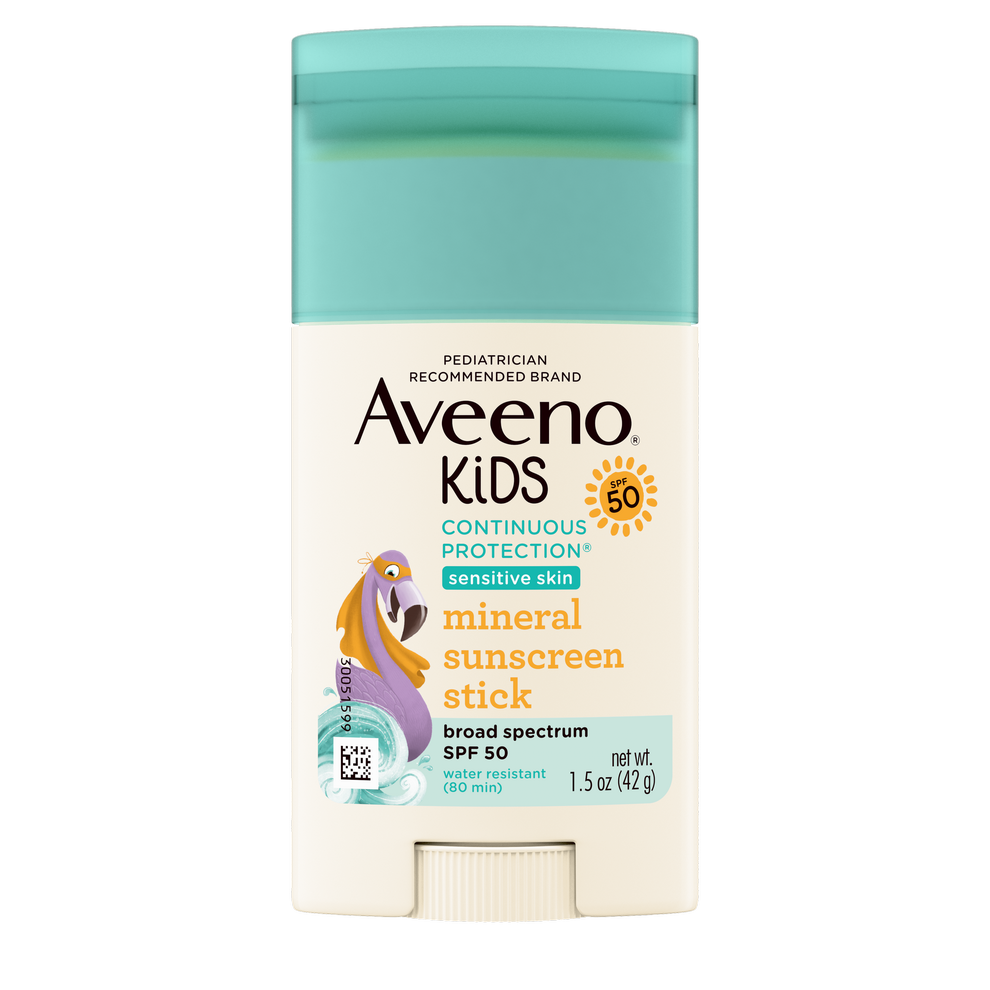Learn About Sun Protection
Don't let the sun stop your fun
Mineral vs Chemical sunscreens
There are two types of sunscreen actives available:
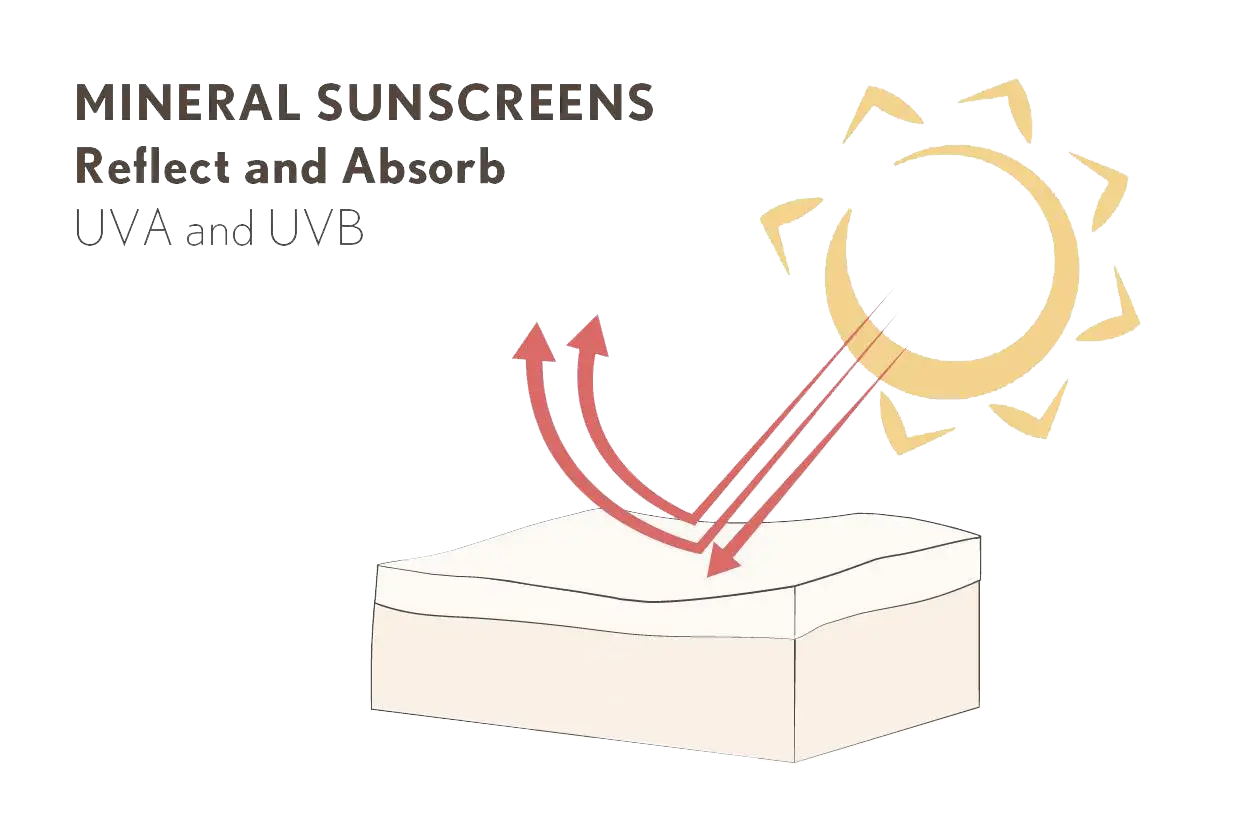
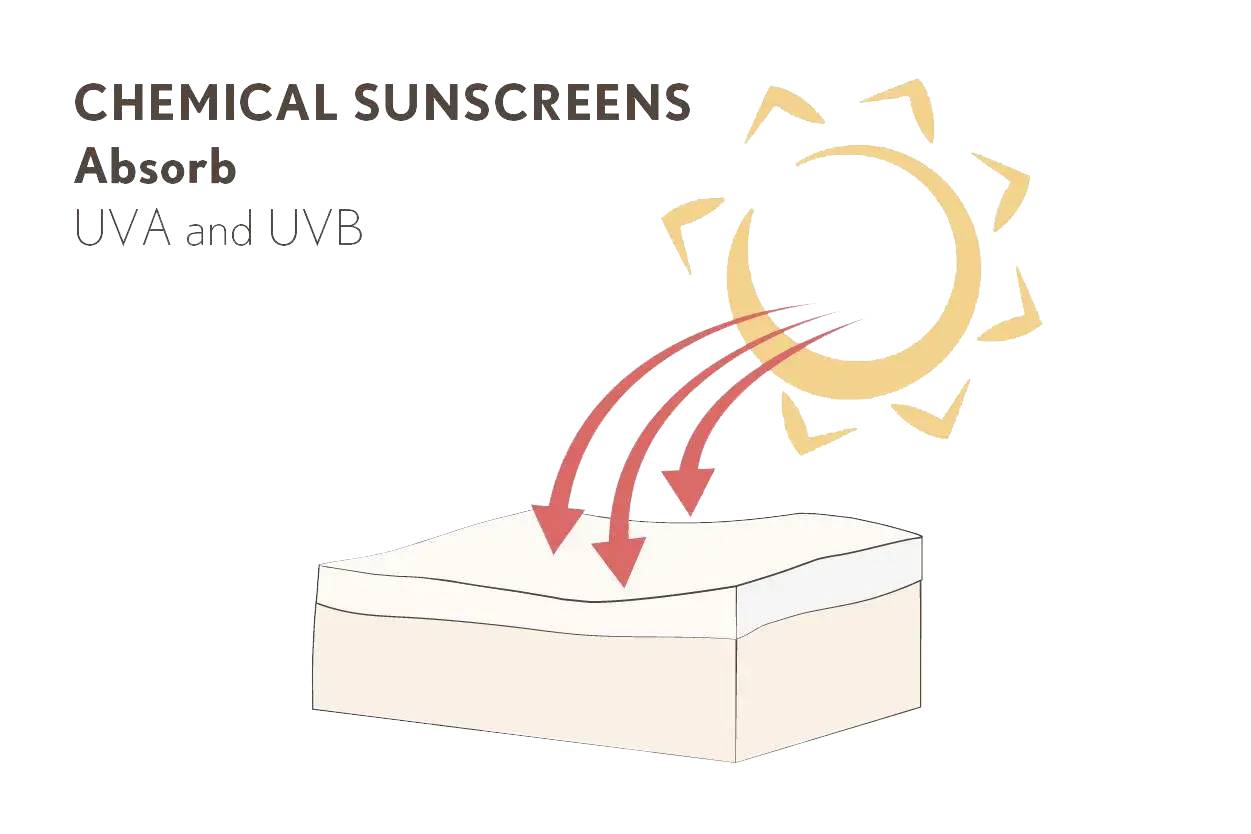
Mineral sunscreens
Mineral Sunscreens protect your skin from the sun by reflecting as well as absorbing the sun’s rays. They contain mineral particles such as zinc oxide and titanium dioxide to form a shield that helps deflect UV rays away from the skin. Mineral sunscreens are ideal for sensitive skin.
Chemical sunscreens
Chemical Sunscreens work by chemically absorbing the sun’s rays, preventing them from penetrating the skin. They contain synthetic compounds like Avobenzone or Oxybenzone that help prevent damage by transforming UV rays into non-damaging forms of energy, like non-UV light or heat.
Which is better?
The Best Sunscreen Is The One You’ll Use Every Day! Mineral and chemical sunscreens each work differently and some sunscreens use both, so it’s really more a matter of personal preference. Both Zinc Oxide and Titanium Dioxide are very stable in sunscreen formulas when exposed to the sun. They are not absorbed by the skin and therefore generally do not cause reactions, making them ideal for people with sensitive skin. No matter which type of sunscreen you choose, make sure it’s labeled “Broad Spectrum” for protection from both UVA and UVB rays and has an SPF of 30 or greater.
Zinc benefits for skin
Zinc oxide has been used topically for centuries. Today, zinc oxide is a key active ingredient in many diaper rash creams, lotions and mineral sunscreens. In sunscreen formulations, zinc oxide sits on top of the skin providing a protective layer of broad spectrum ultraviolet (UVA/UVB) protection.
How strongly a zinc oxide sunscreen product protects will depend on how much zinc oxide is used in the formula. Percentages of zinc oxide vary widely and can be up to 25% in sunscreens. In products such as makeup, foundation, BB creams and facial moisturizers, zinc oxide is used for coverage.
Sunscreen and skincare
The key to healthy skin? Sun protection. When used as directed with other sun protection measures, broad spectrum sunscreen with SPF 30 or higher decreases the risk of skin cancer and early skin aging caused by the sun.
Why hydrate skin too?
You wouldn’t go a day without drinking water, right? Well, you shouldn’t go a day without hydrating your skin either. When skin is well-hydrated, it’s more plump, resilient and less prone to wrinkles. Skin is often de-hydrated over extended outdoor exposure and may need replenishment. If you’re using a moisturizer with sunscreen, just be sure it provides broad spectrum UVA/UVB protection (SPF 30 or higher) and apply it evenly all over the face.
Sunscreen for face
It’s no secret that regular use of sun protection when combined with other sun protection measures not only significantly decreases your risk for skin cancer, but will also help keep your skin smooth, healthy and younger-looking over time. Make sunscreen part of your daily routine. Many sunscreens can be applied under makeup – or choose a daily moisturizer and cosmetics that include broad spectrum UVA/UVB sun protection.
Sunscreens for sensitive skin
Nearly half of people believe they have sensitive skin – often because skin care or household products that come in contact with their skin cause stinging, burning, redness or tightness. In choosing a sunscreen, the last thing you want is to irritate your skin more.
Sensitive skin experts recommend mineral sunscreens that contain zinc oxide or titanium dioxide and deliver Broad Spectrum UVA/UVB protection with an SPF of 30 or higher. They are less likely to be absorbed by the skin, so they generally don’t cause reactions.

